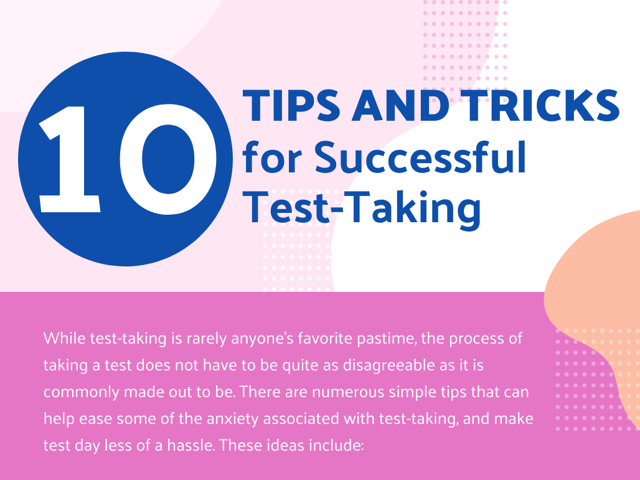
All You Need to Know about Speaking and Writing English Correctly
Does any one of these statements describe you in terms of your ability and comfort in speaking or writing English?
-
I’ve spoken English all my life, but I still get confused about what is correct.
-
English is a second language for me, and there are so many rules that trip me up!
-
I think I speak English well, but really want to be sure so that I will interview well and make a good impression.
-
I’m studying for a test that has an English, Reading, or Writing section, and I’m having trouble finding the correct answers.
-
Language arts (reading, writing, English, etc.) classes were always hard for me (or I moved around a lot while in school), and I feel like I never “got” the basics.
Maybe two or more tell about your current situation. Read on.
Why Does It Matter?
Correct English usage may matter a lot if you’re trying to pass a standardized test. Most of these tests have at least one section related to reading and writing English and many have multiple ones. Requirements for most certifications require you to know what is correct English and what isn’t.
Even if you’re not prepping for a test, how you speak and write does matter. It may not matter as much in casual, “hanging with friends” situations. Then, you can take a few liberties with the language and not receive a lot of judgment (sort of fitting your level of speech to the people involved).
On the other hand, if you’re in a more formal situation, like an interview or first meeting of people who are important to you (your girlfriend’s parents, etc.), speaking correctly can make a huge difference in their first impression of you. And it certainly can’t hurt! The same goes for answering essay or short answer questions on a school or job application.
More About that Casual Language
Even casually, some acquaintances may expect you to know what’s correct, even if you don’t always use that knowledge. Once they get to know you, they’ll be able to tell if you are joking and they’ll accept grammar errors more readily. There are also levels of misusage that are important to many people. For example, not speaking in complete sentences or saying “ain’t” occasionally when talking or kidding around may not attract attention. But consistently mismatching subjects and verbs (“they isn’t” instead of “they aren’t,” for example) will stick out to most folks. And many people are not comfortable with this type of basic error.
And caution about language usage is definitely warranted when using social media. The above ideas apply there, too. These days, anyone can have access to your conversations and you probably don’t want someone to write you off even before they get to know you because they see silly mistakes in your posts (the use of your and you’re, there and their come to mind here).
Where Can I Find Help?
Whether you know you struggle with correct English usage or you think you’re probably fine (but want to be sure), we have a great resource and it’s totally free:
Union Test Prep’s English Basics study guides, practice questions, and flashcards.
We’ve researched the most needed skills in reading, speaking, and writing English and provide study guides, practice questions, and flashcards to help you learn or refine your ability in all of them. All content was written collaboratively by two former English language arts teachers with a combined 50 years of classroom experience, so you know you’re getting the real scoop.
The study is divided into nine sections, so you can work on just what you need:
The sections Critical Reading and Literary Terms give you the tools you need to be a good and careful reader, whether as prep for a test or just learning to really read for meaning.
The Writing Process provides a blueprint for creating an essay or just communicating your thoughts in a meaningful way. Then, you can access these sections for all the particulars involved in that process:
- Word Usage
- Parts of Speech
- Sentence Structure
- Capitalization
- Punctuation
Cleaning Up English—Finally, this section covers a variety of common mistakes in English speaking and writing—and tells you how to avoid them.
Why do we provide this?
We want you to be your best “you,” including passing any test that might stand between you and a great future! So, whether studying or just for fun, give English Basics a try!
Keep Reading

Union Test Prep Blog
It’s Almost Test Day—What Should I Do?
You’re approaching the day of your test, and it’s time to take care of …

Union Test Prep Blog
What Are Holistic Admissions?
The term “holistic admissions” alternately garners horrified eye rolls …

Union Test Prep Blog
Ten Tips and Tricks for Successful Test-Taking
While test-taking is rarely anyone’s favorite pastime, the process of t…